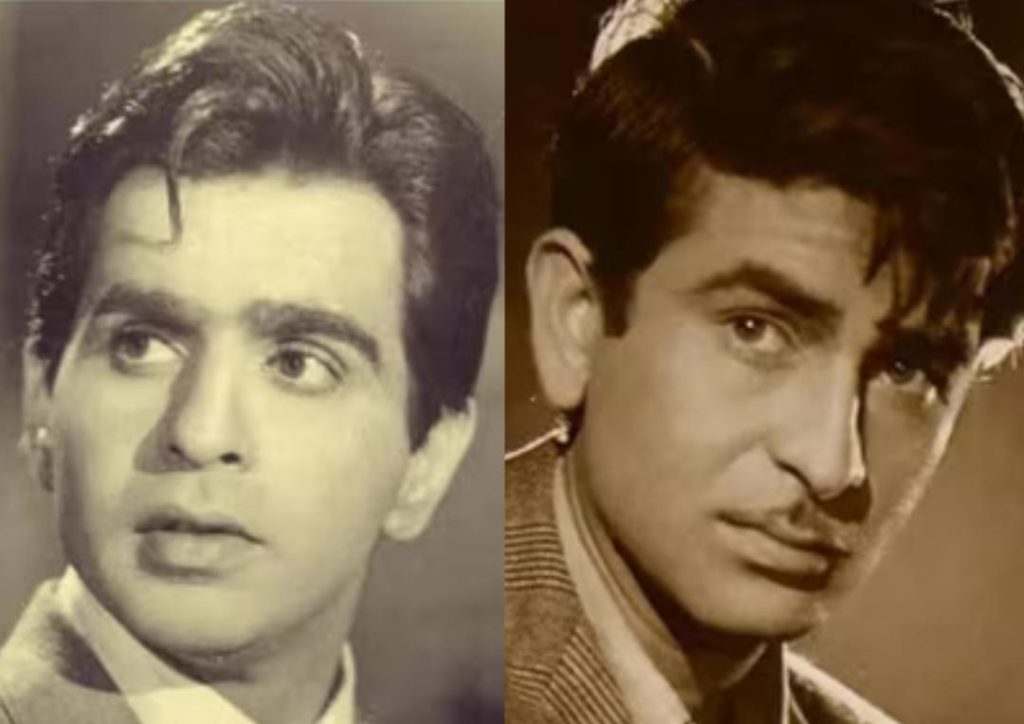
Dilip Kumar & Raj Kapoor’s Homes in Pak to be Turned into Museums
In a bid to promote cultural tourism and preserve the rich heritage of Pakistan, the Khyber Pakhtunkhwa government has announced plans to renovate and turn the ancestral homes of legendary actors Dilip Kumar and Raj Kapoor in Peshawar into museums. The move is expected to make these cultural landmarks focal points for tourists and provide a unique opportunity for visitors to experience the rich cultural heritage of the region.
According to a report published in Hindustan Times, the Director of Archaeology Dr Abdul Samad has revealed that the construction of the museums will take place over a period of two years and is estimated to cost around ₹7 crore. The project is expected to be completed by 2024, and once ready, the museums will be open to the public for visitation.
The ancestral homes of Dilip Kumar and Raj Kapoor are significant cultural landmarks in Peshawar, Pakistan, and hold immense historical and cultural value. Dilip Kumar’s home is situated in the historic Qissa Khwani Bazaar, while Raj Kapoor’s home is located in the old city of Peshawar. Both homes are now dilapidated and in a state of disrepair, making it essential to restore them to their former glory.
Dilip Kumar, known as the “Tragedy King” of Indian cinema, was born as Muhammad Yusuf Khan in Peshawar in 1922. He went on to become one of the most iconic actors of Indian cinema, starring in over 60 films and winning numerous awards for his performances. Raj Kapoor, on the other hand, was a renowned actor, director, and producer who was known for his iconic films such as “Awara” and “Shree 420”.
The decision to turn their ancestral homes into museums is seen as a significant step towards preserving the cultural heritage of Pakistan and promoting cultural tourism in the region. The project is expected to attract tourists from all over the world, providing an opportunity for them to experience the rich cultural heritage of Pakistan.
The Khyber Pakhtunkhwa government is taking a multi-faceted approach to promote cultural tourism in the region. In addition to the renovation of Dilip Kumar and Raj Kapoor’s homes, the government is also working on developing tourist infrastructure, including hotels, restaurants, and recreational facilities.
Moreover, the government is also planning to organize cultural events and festivals to showcase the region’s rich cultural heritage. The events will feature traditional music, dance, and cuisine, providing tourists with a unique opportunity to experience the region’s vibrant cultural scene.
The project is also expected to create employment opportunities for the local population, including skilled laborers, architects, and historians. The renovation of the museums is expected to be a massive project that will require the services of experts in various fields, including architecture, conservation, and tourism.
In conclusion, the decision to turn Dilip Kumar and Raj Kapoor’s ancestral homes into museums is a significant step towards preserving the cultural heritage of Pakistan and promoting cultural tourism in the region. The project is expected to attract tourists from all over the world, providing an opportunity for them to experience the rich cultural heritage of Pakistan. The Khyber Pakhtunkhwa government’s efforts to promote cultural tourism and preserve the region’s cultural landmarks are commendable and are expected to have a positive impact on the local economy.






